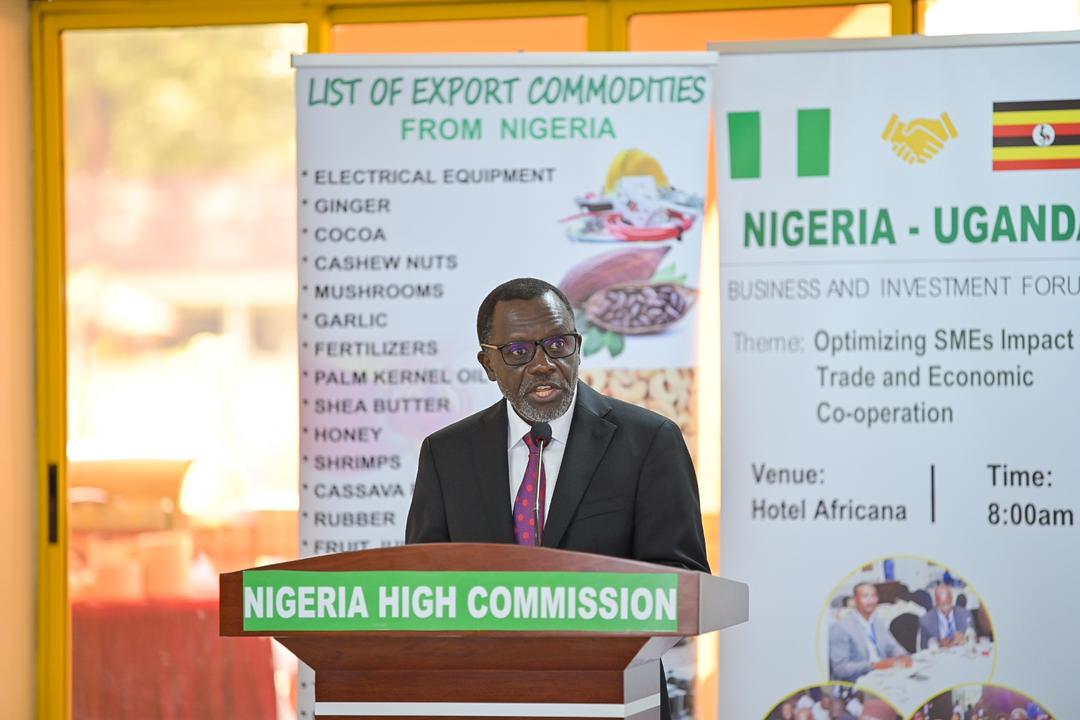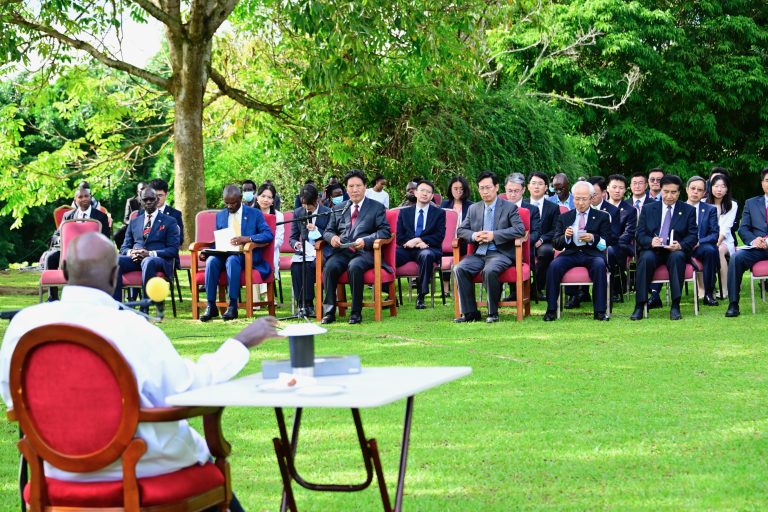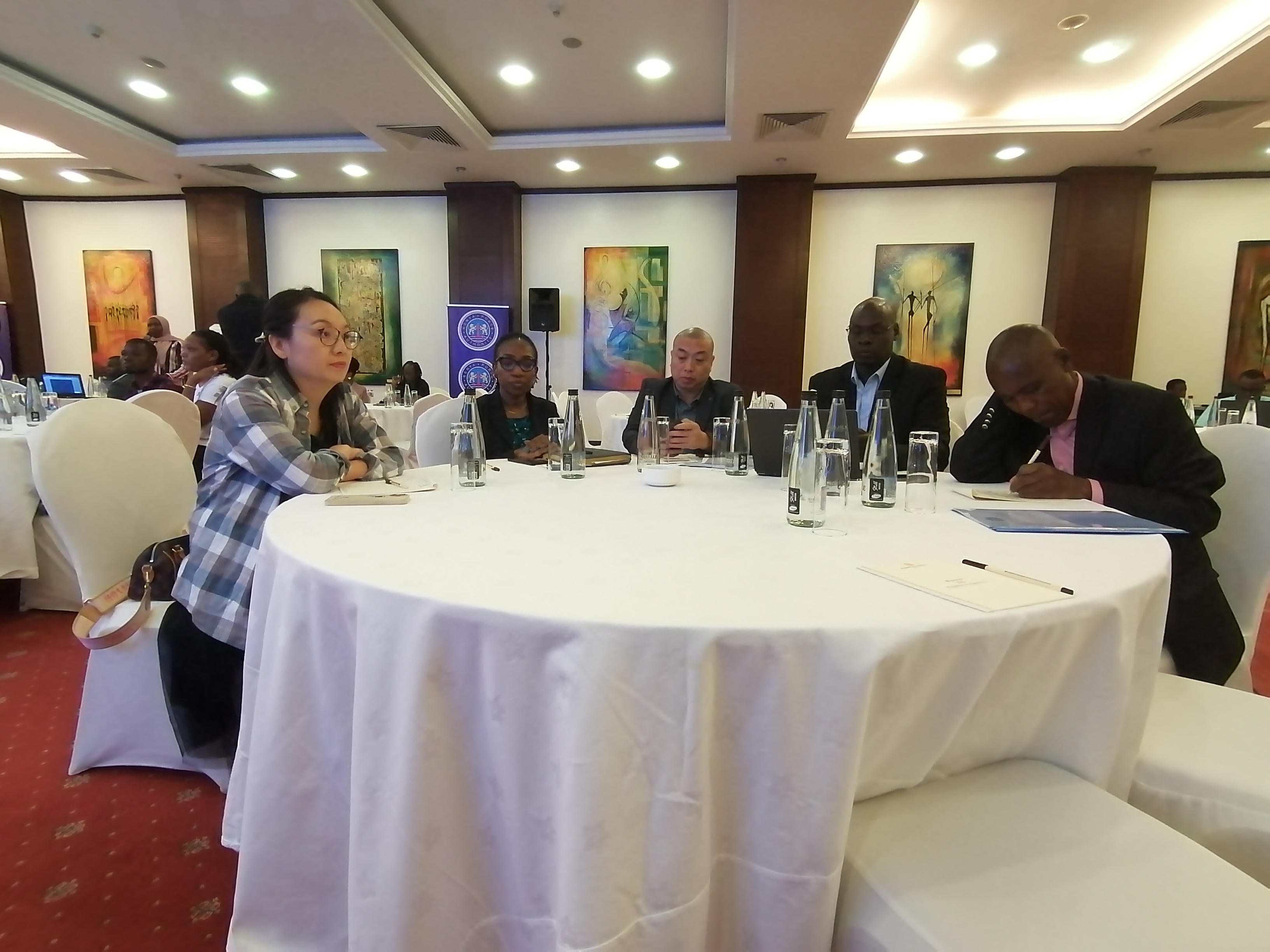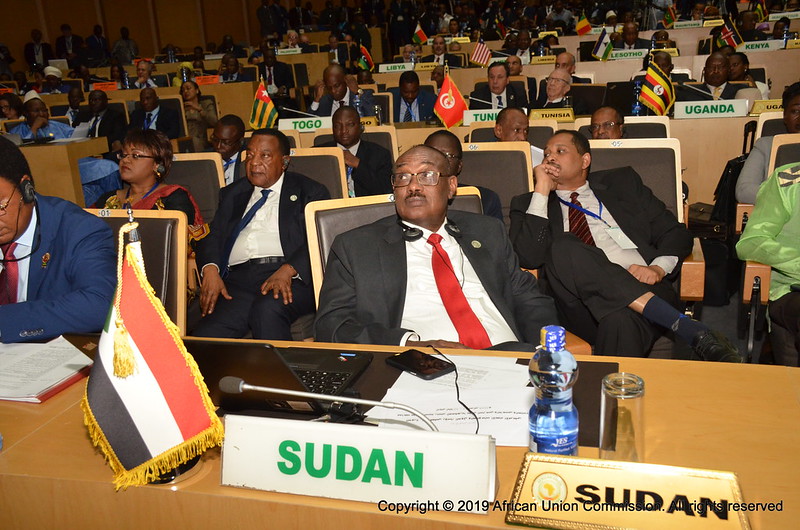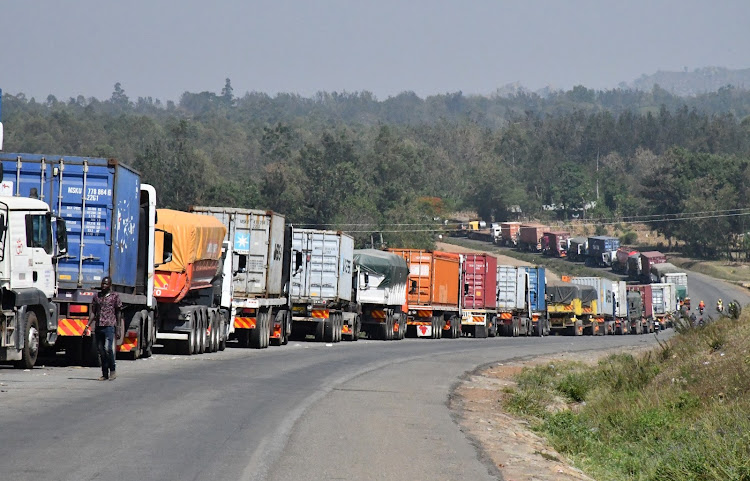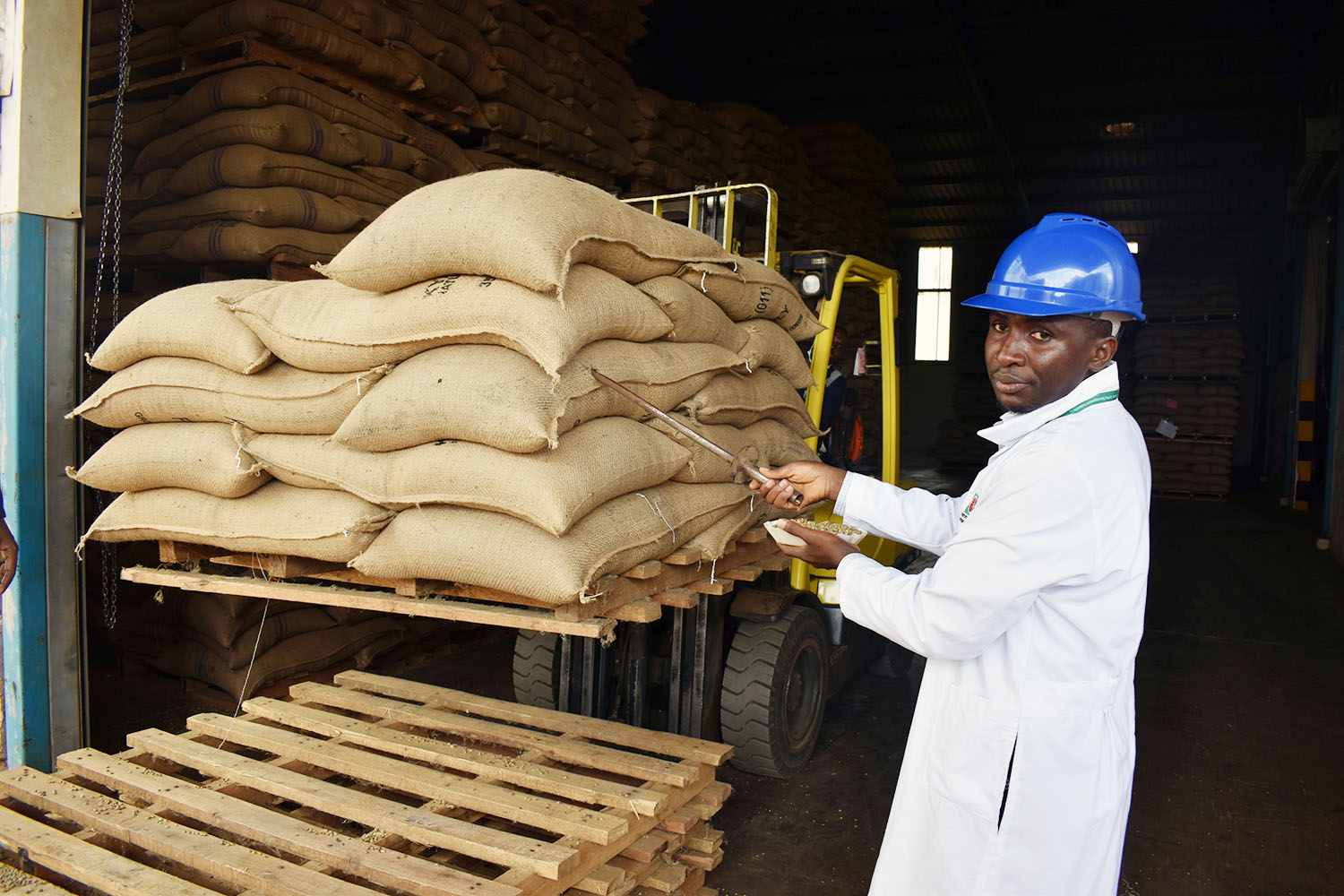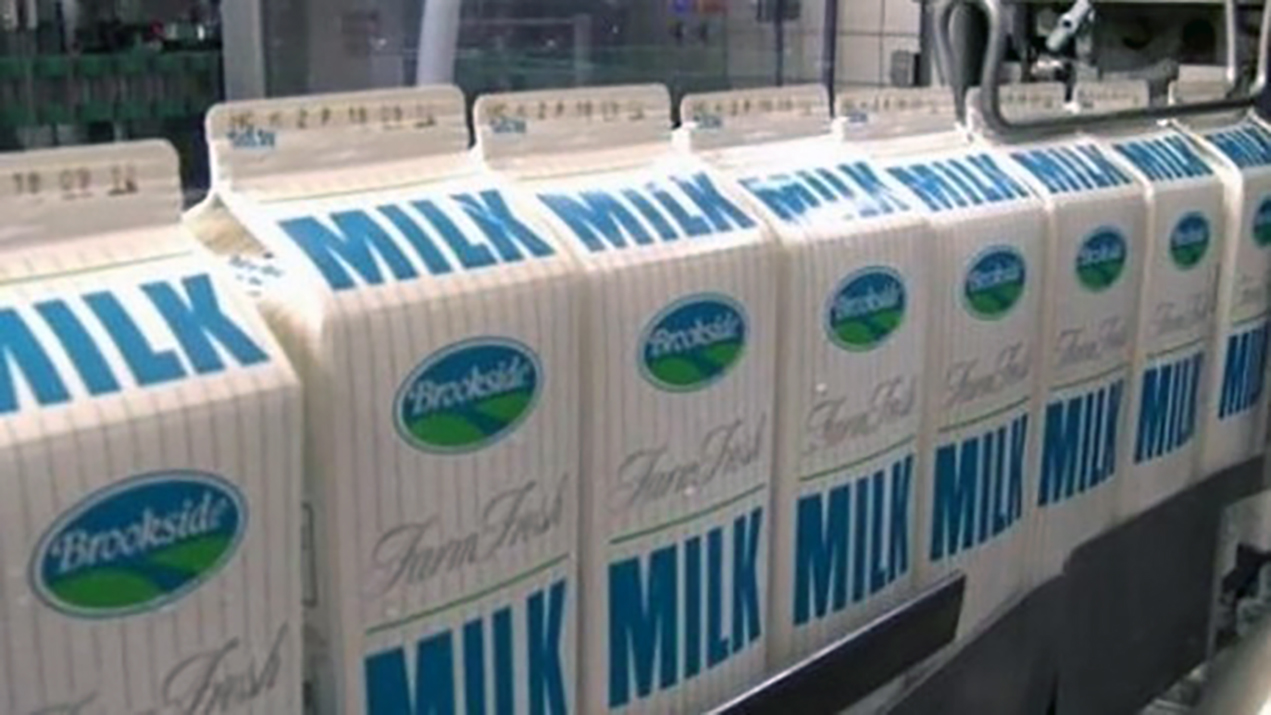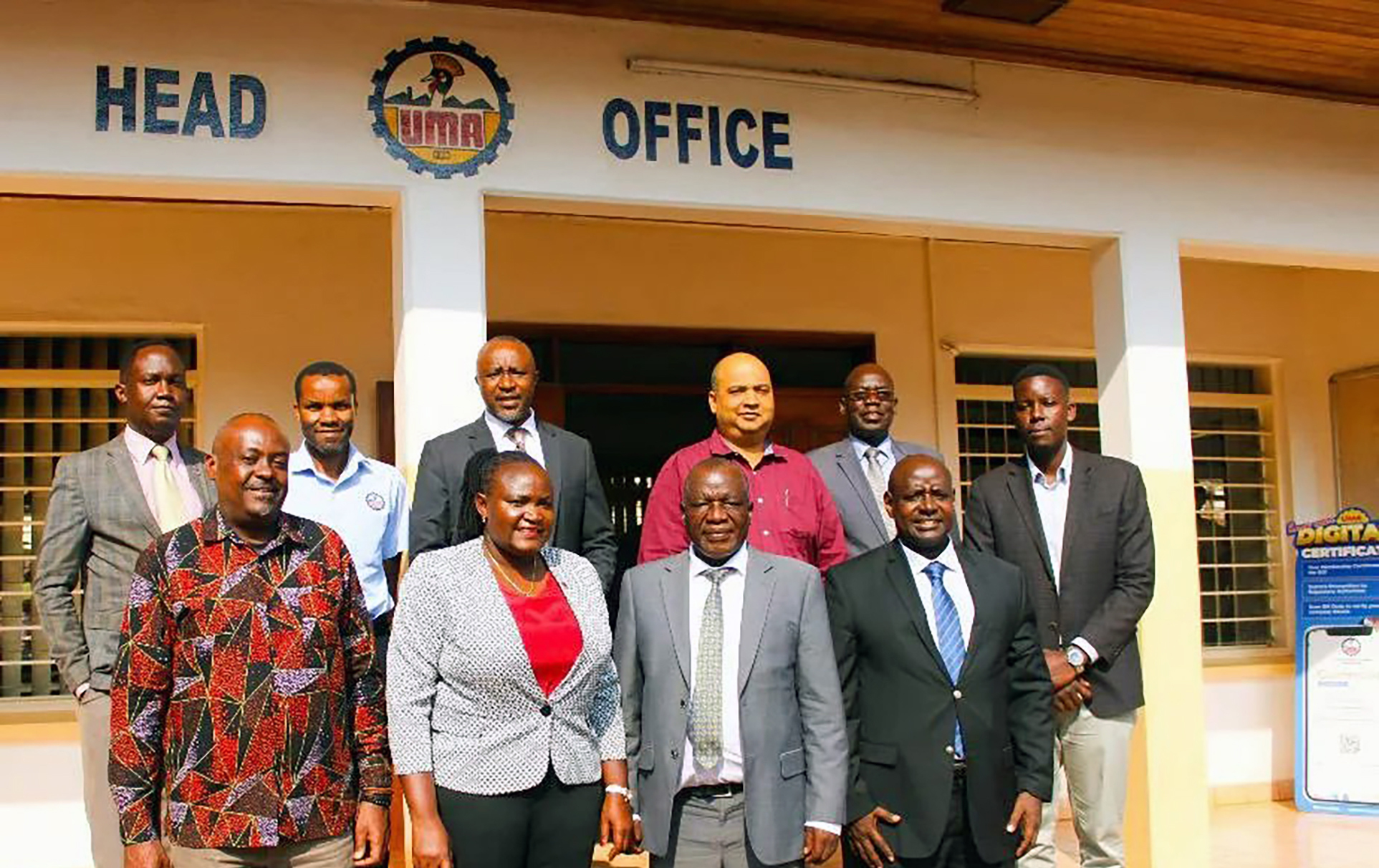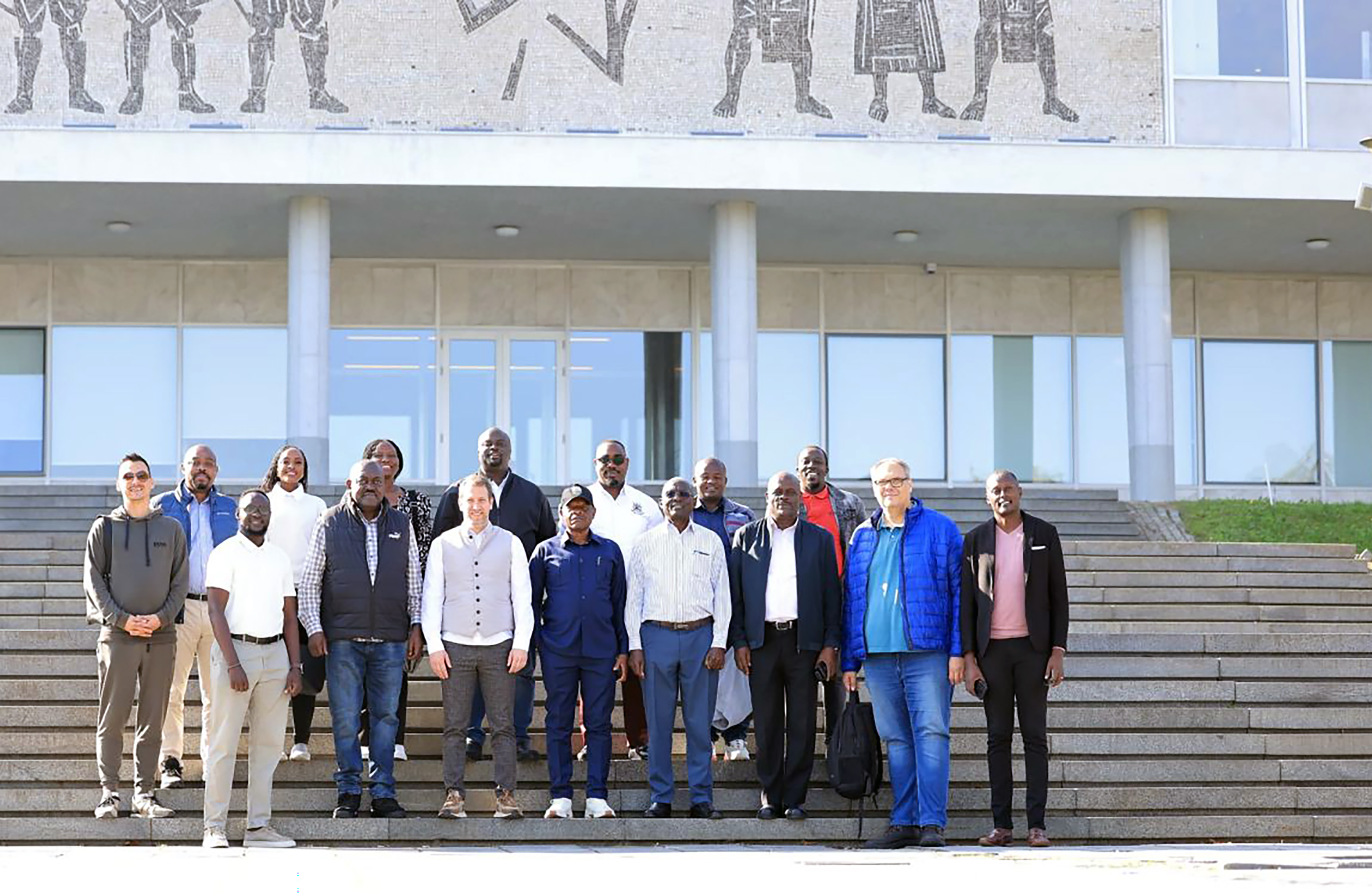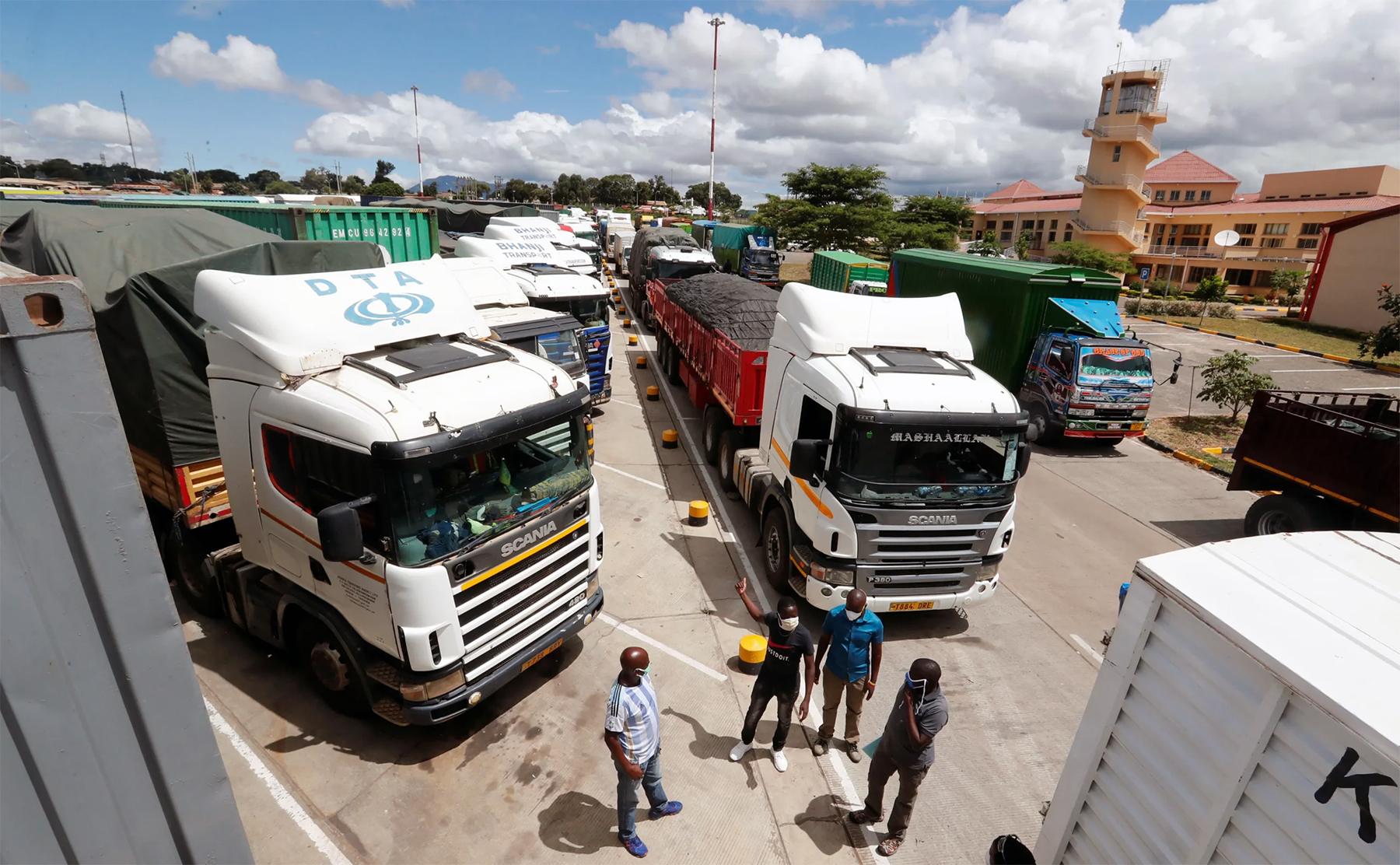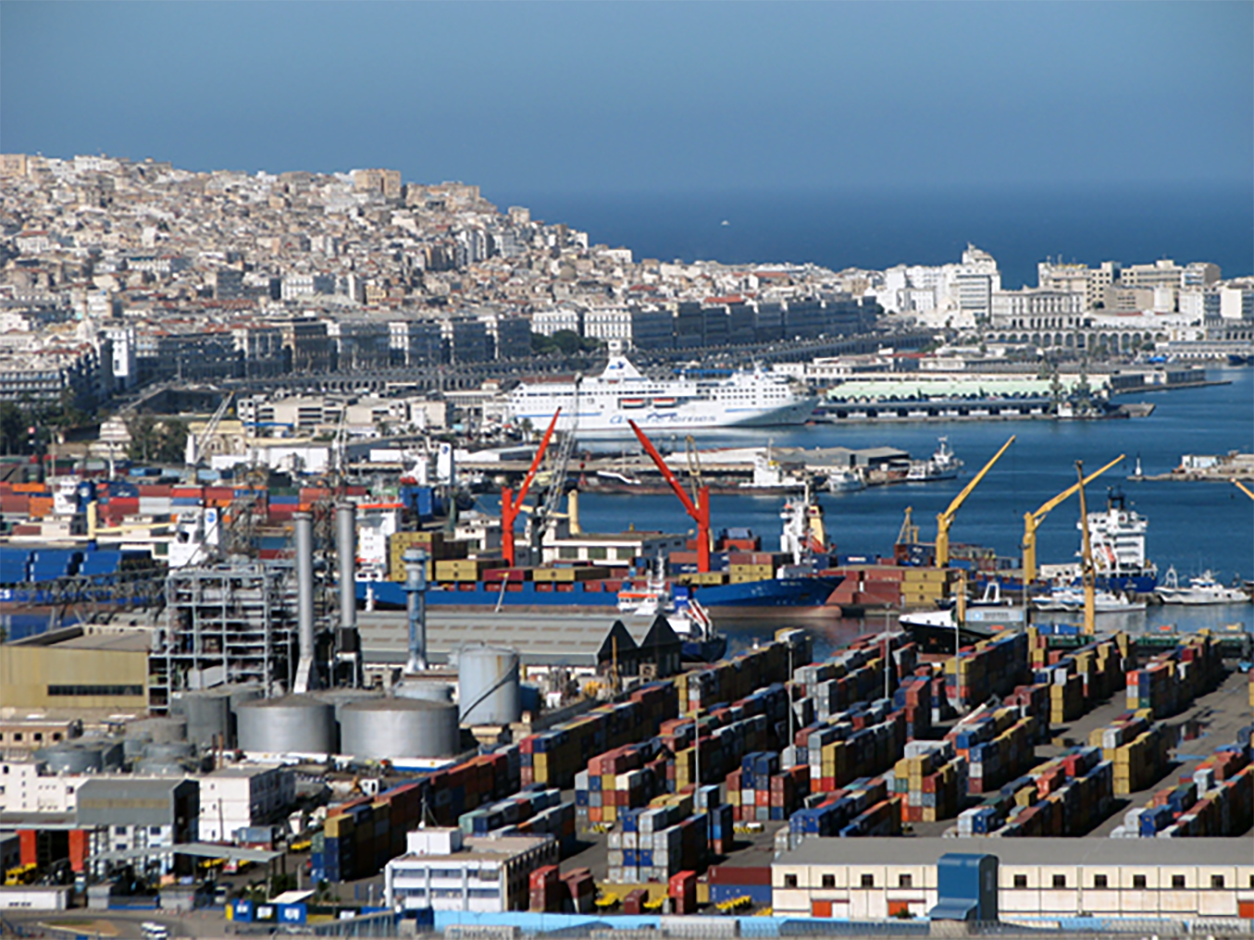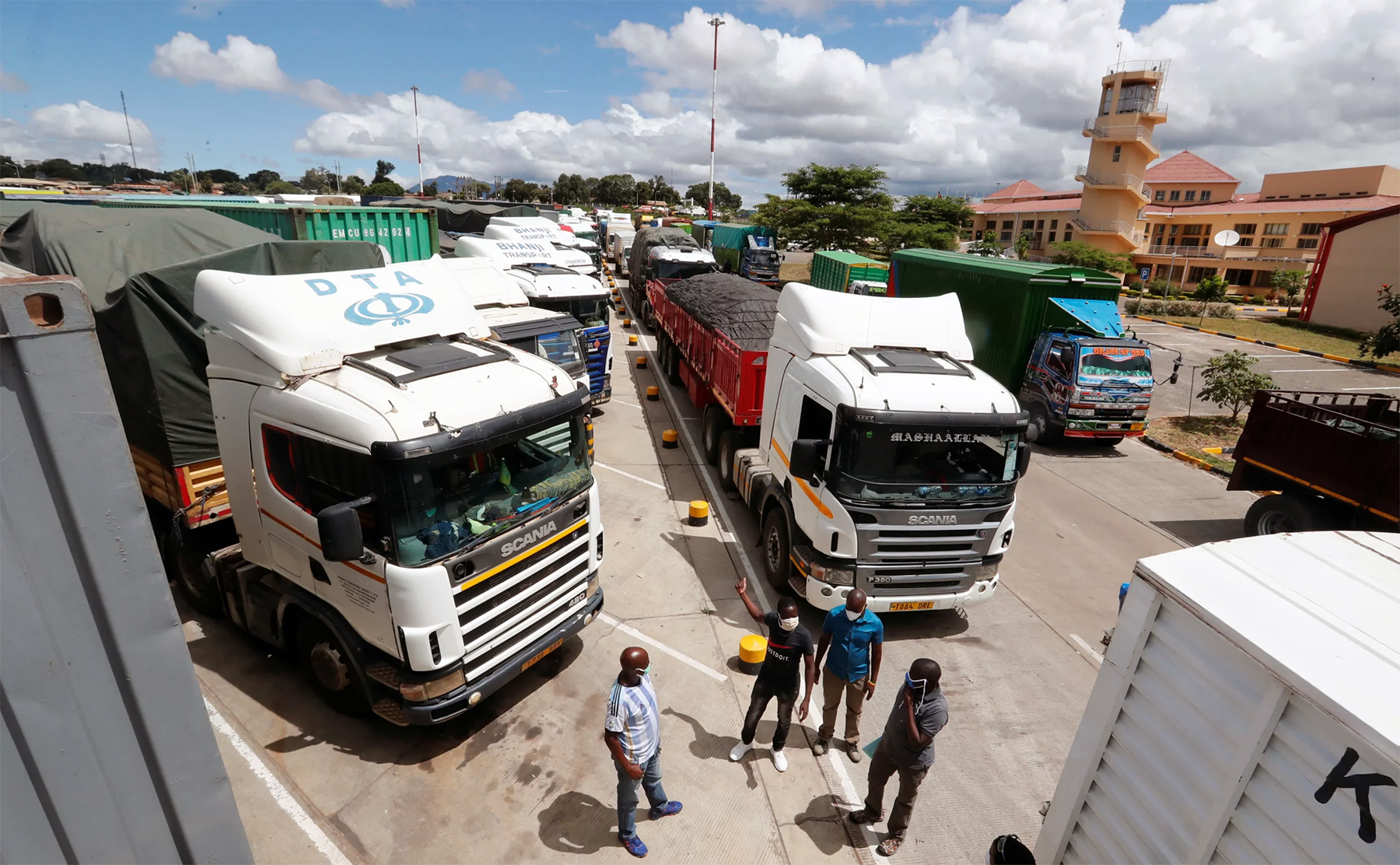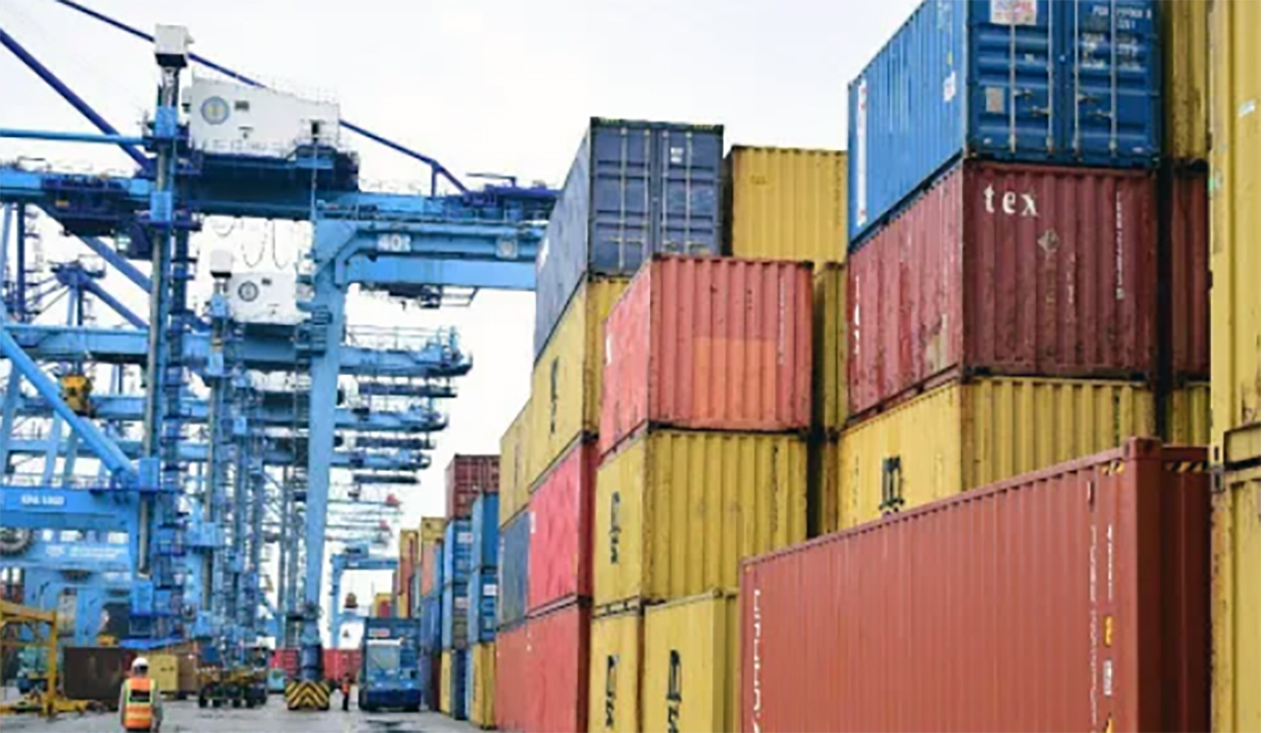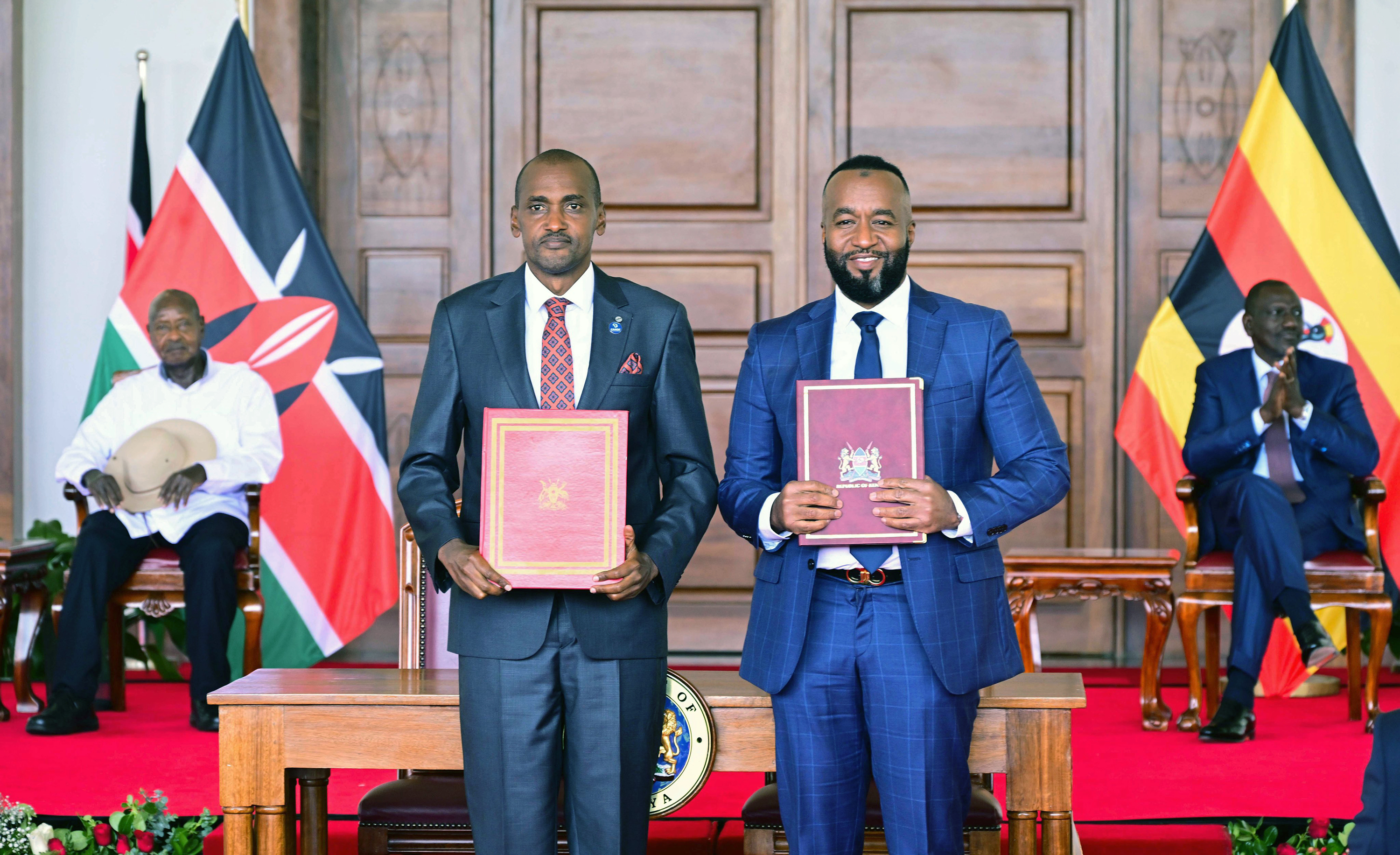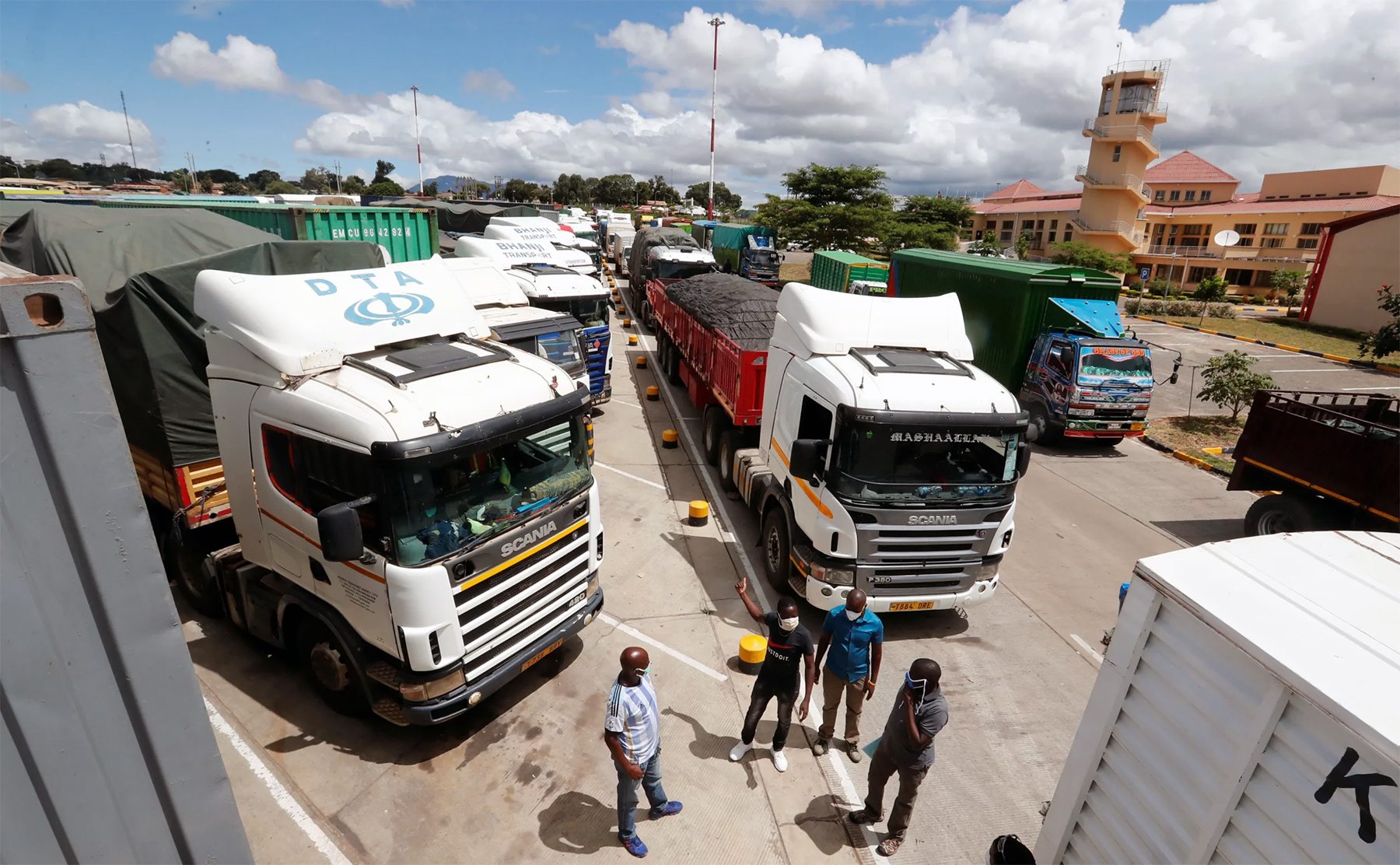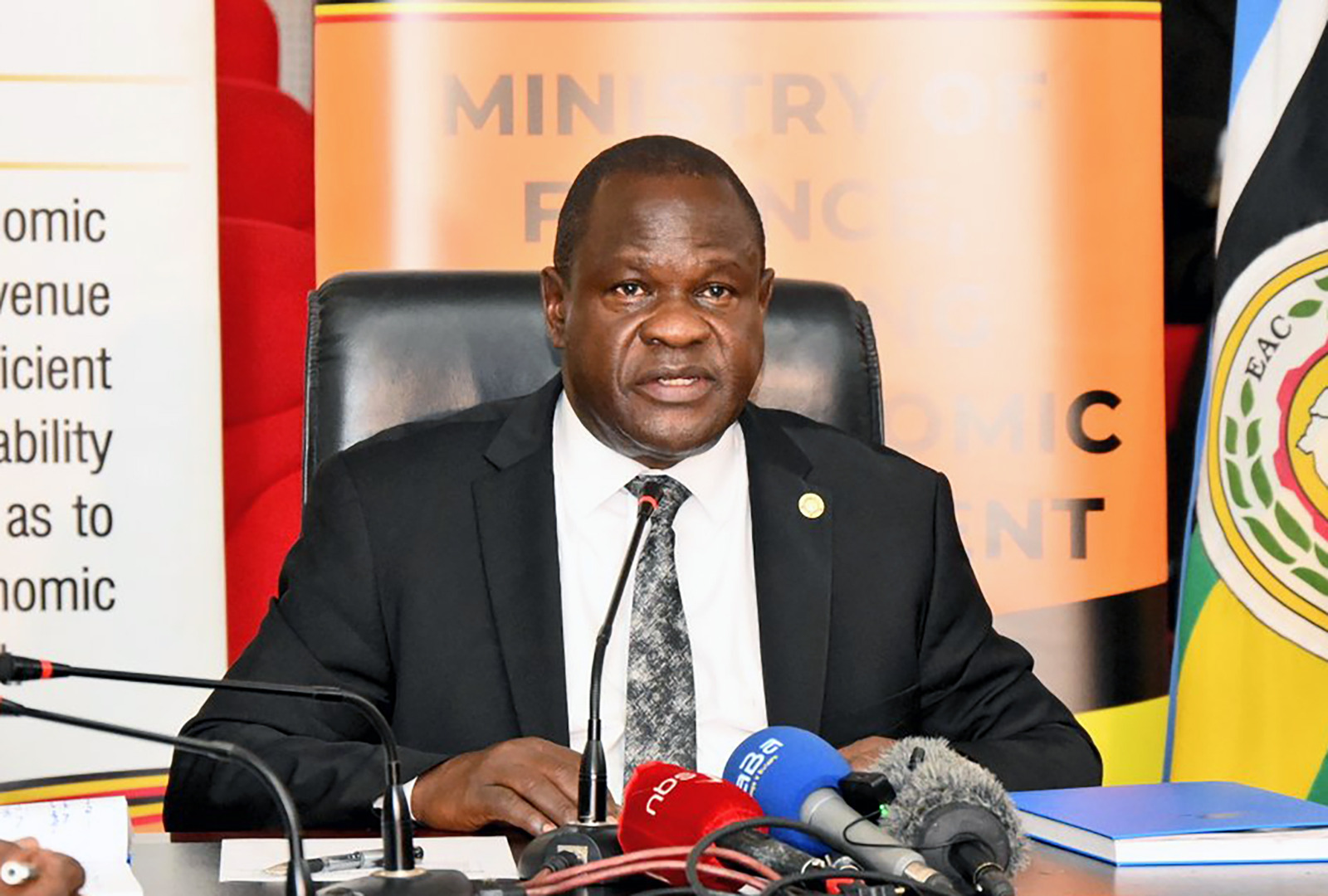EU Parliament endorses Kenya trade agreement
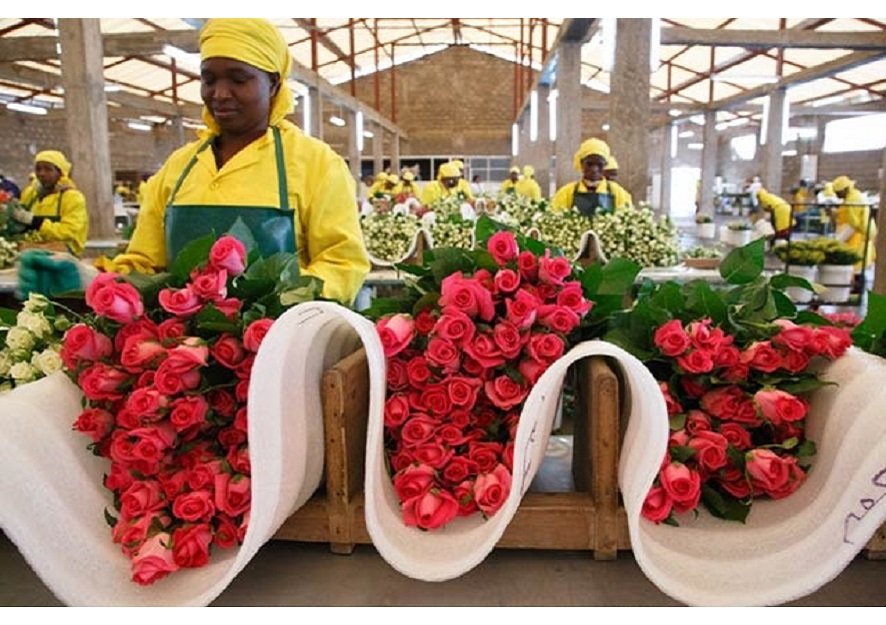
SET: Kenyan flowers being prepared for export to Europe. NET PHOTO/BUSINESS EDGE
The European Parliament has endorsed an Economic Partnership Agreement with Kenya, paving the way for duty-free and quota-free access to the lucrative EU market.
A press statement posted on the EU Parliament website says the lawmakers overwhelmingly approved the plan on February 29, making it the first EPA that the bloc has signed with a developing country.
�The agreement includes binding and enforceable provisions on international standards and agreements on labour, gender equality, climate and the environment, and prevents both parties from lowering labour and environmental standards,� the statement reads in part.
- In December last year, the EU and Kenya officially signed the Economic Partnership Agreement (EPA), following years of protracted negotiations with the European Council.
Should the Kenyan Parliament ratify the agreement in the coming weeks as expected, the EPA will enter into force, providing duty-free, quota-free EU market access to all exports from Kenya, combined with partial and gradual opening of the Kenyan market to imports from the EU.
The development will evoke much anxiety from the private sector in Kenya�s regional partners like Uganda, as it includes trade-related development assistance to Kenya to tackle supply-side constraints such as lack of productive capacities, infrastructure, human capital and capacities to comply with EU standards.
- When these are addressed, it directly implies that Kenya�s exports would be more competitive in the EU and even in the regional market.
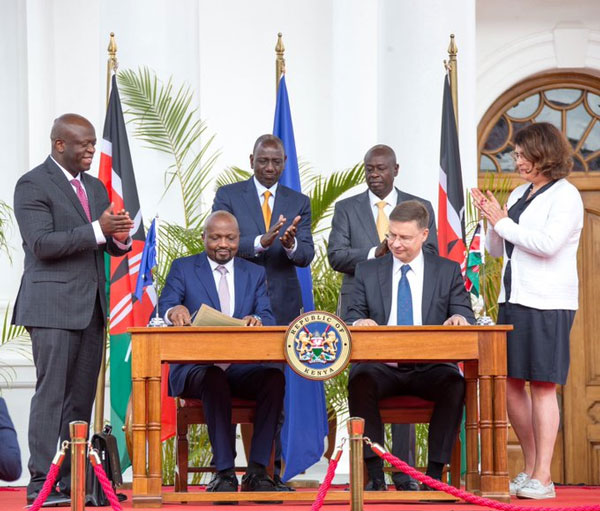 PACT: EU and Kenyan Government officials approve the text to the EPA in Nairobi in December 2023. FILE PHOTO
PACT: EU and Kenyan Government officials approve the text to the EPA in Nairobi in December 2023. FILE PHOTOThe EU-Kenya EPA builds on negotiations for an EPA with the partner States of the entire East African Community (EAC), which were finalised in October 2014. However, the signing of the EU-EAC EPA had stalled because of discussions within the EAC on the consequences of the EPA for the economies of the Member States.
Except for Kenya, all EAC partner States fall in the Least Developed Countries category, and still enjoy duty-free and quota-free access to the EU market.
Kenya, however, sits in the lower-middle income status and was under pressure to endorse the EPA, in order not to lose free access to the EU market.
Initially, the EAC States envisaged the EU-EAC EPA as a bloc-to-bloc agreement that could only enter into force after it had been ratified by all EAC partners.
- However, at their 21st Ordinary Summit in February 2021, the EAC Heads of State authorised EAC States that wish to do so to commence engagements with the EU without needing approval from all other EAC members.
- That meant in practice that Kenya, which expressed the wish to individually access the EPA, would be able to move forward in the implementation.
Kenya is a major exporter of tea, coffee, flowers, fruits and vegetables to the EU, while it mostly buys machinery, raw materials, pharmaceuticals and other chemicals from the EU.
Meanwhile, the United Arab Emirates has also concluded a comprehensive economic partnership agreement (CEPA) with Kenya, making the EAC nation one of the first African countries with which the UAE has inked such a pact.



.jpg)
